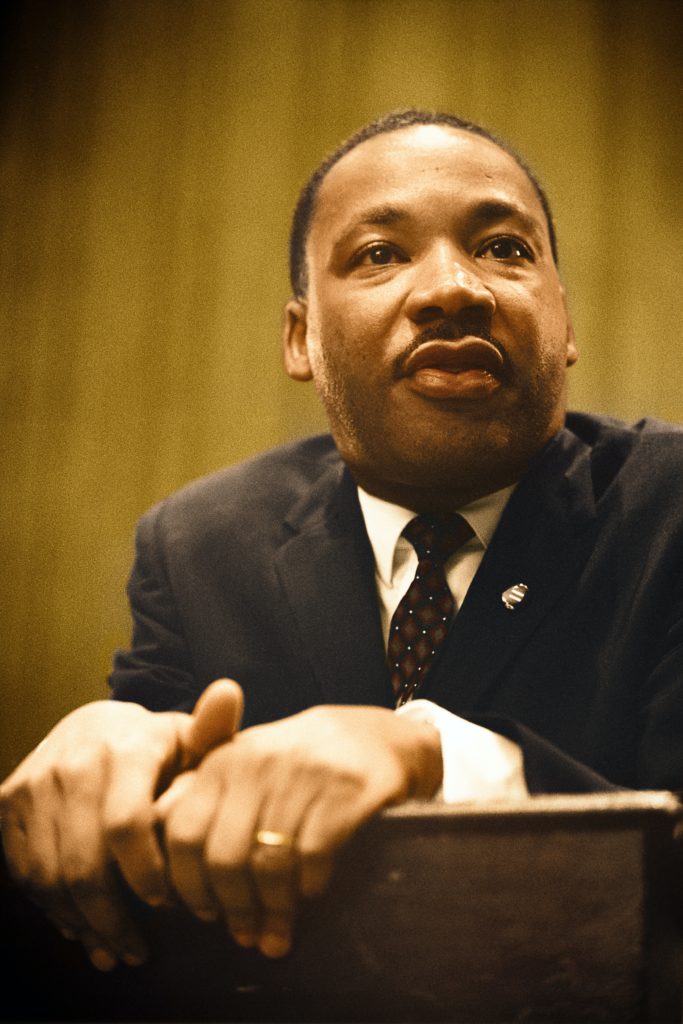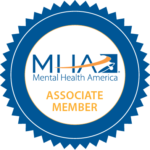
Today is a momentous day. But let’s be honest. For many of us it has become just another day off. Reflecting on the life of Reverend Doctor Martin Luther King, Jr. and connecting his dreams and legacy to CBHL seemed difficult at first. Additional reflection revealed a natural connection. As an undergrad I worked in Dayton, Ohio as an administrative assistant for the Interdenominational Ministerial Alliance (IMA) / Southern Christian Leadership Conference (SCLC). A college friend recommended me for the position, which I only viewed as way to pay for tuition and books.
Several times a month, I answered calls from Rev. Dr. Joseph Lowery and other prominent civil rights era leaders, which were met by me with a naïve “please hold” and “connecting you now.” You see, SCLC was established in 1957 and Dr. King served as its first president. I had no clue of Dr. Lowery’s legendary status and no idea who I was speaking to at the time. I also remember typing and making copies for SCLC meetings that included the chief of police, county commissioners and other elected officials, and members of Dayton’s Black clergy. I remember seeing the words “consent decree” on documents and vaguely recalled news stories of investigations into racial discrimination in police hiring practices.
I regret that I didn’t know to pay closer attention then. I wish I could go back and thank all the visitors to the office who made a point of stopping to chat with me at the front desk to ask me what I was majoring in, giving me best wishes for the future, and telling me to,“Keep your head up.” I didn’t appreciate the example of leadership and courage that I was witnessing on a daily basis. And I certainly didn’t know to celebrate the victories of police reform, let alone connect any of that work to Dr. King. Today I know better.
I am honored and humbled to be reminded that CBHL also seeks to uplift, empower, and encourage behavioral health leaders at all levels. While we will be announcing details more formally later this month, I am proud to share that we are actively working with partners to develop an Equity-Grounded Leadership Fellow Program. Our call to action is a shift in leadership focus to equity and anti-racism as the foundation for behavioral health systems transformation. The program will cultivate a deep understanding of how inequity is perpetuated by and in the behavioral health system; support all leaders to step into their own voice, courage, and power; empower new leaders to thrive as change agents to unravel systemic racism and inequity; and prepare leaders to take measurable action to create equitable systems.
I am grateful for the leadership of each of you, and in honor of Dr. King’s leadership, encourage us all to lead from a foundation of equity.
Alicia D. Smith, MHA, President of the Board of Directors
The College for Behavioral Health Leadership

